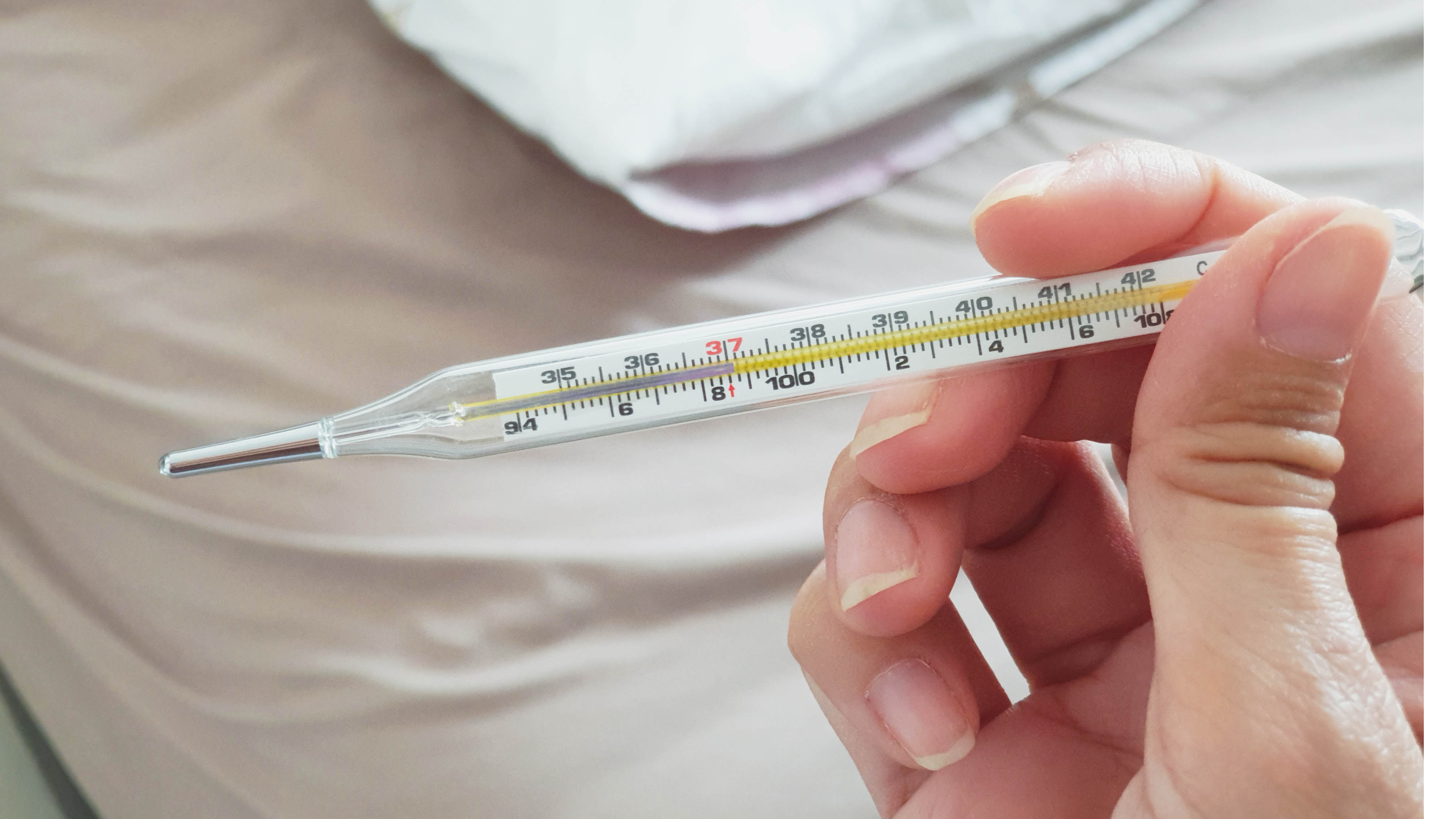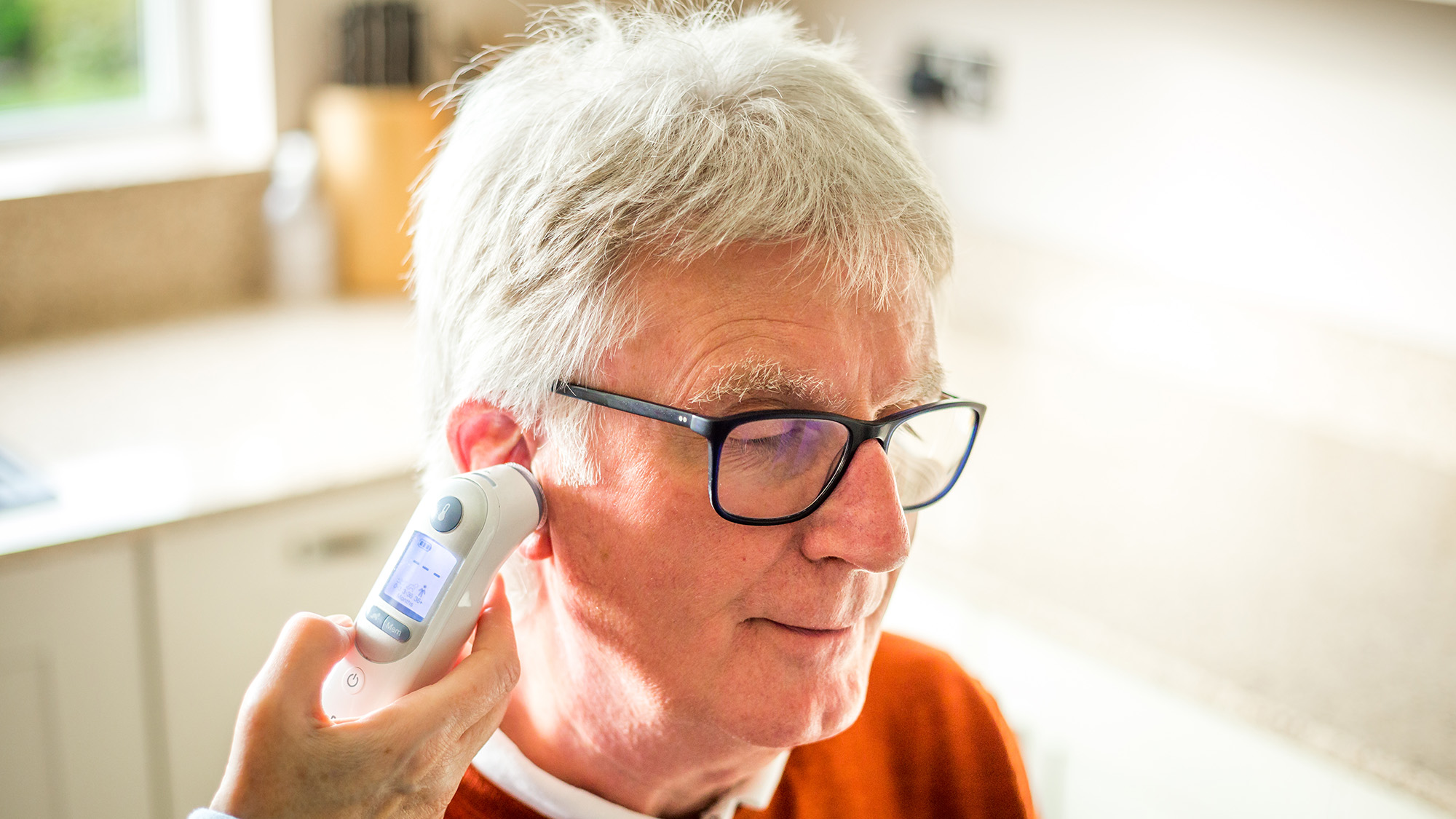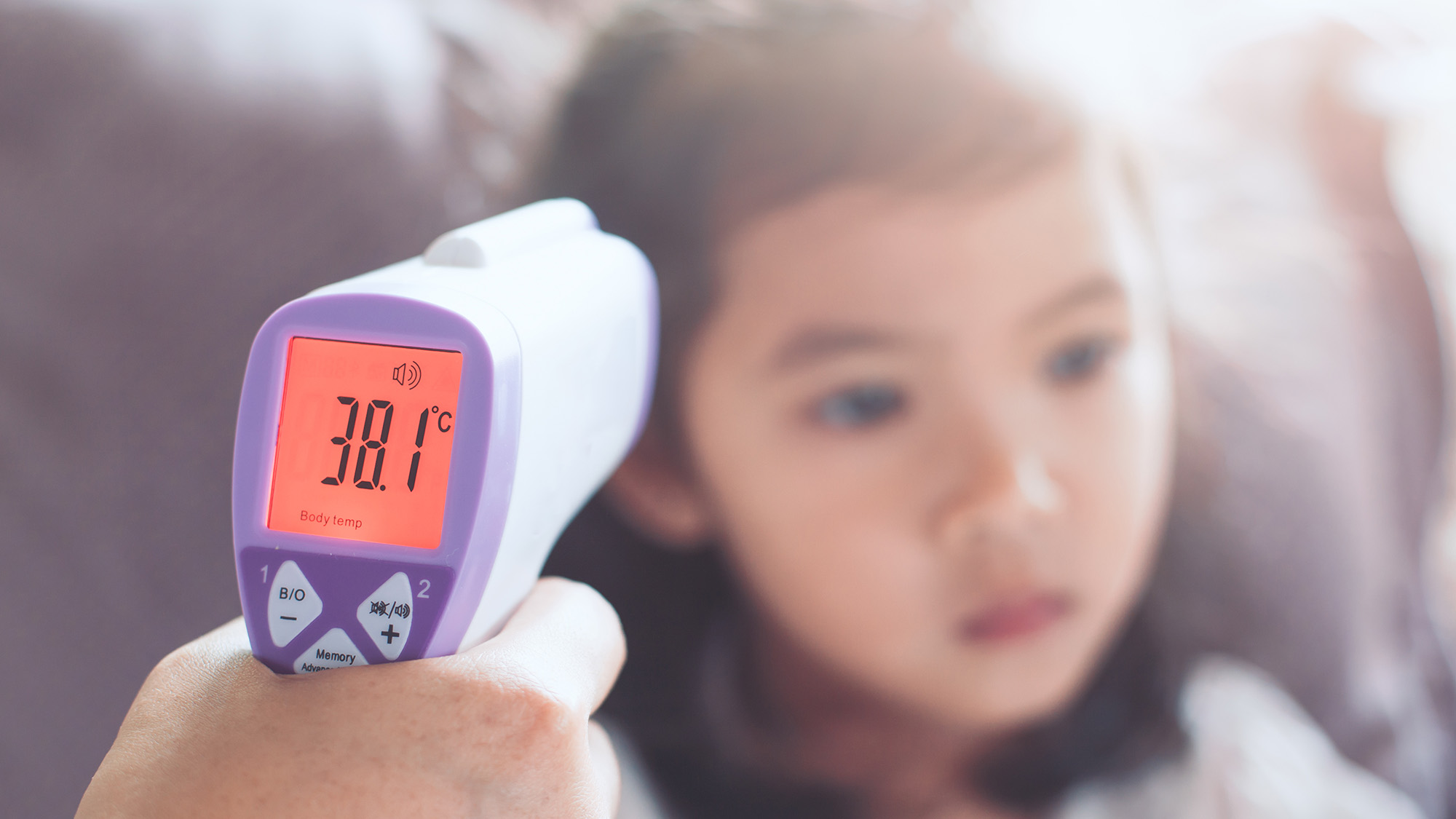
Regardless of the time of year, we are all susceptible to colds and fevers, but if we have one best thermometers can help us determine if there is cause for concern.
Whatever your household looks like – whether you have young children or care for elderly relatives – a health thermometer is a device that should be in every medical cabinet.
However, the best health thermometer for your needs depends on many factors. You may need a device that can be used quickly and unobtrusively on young babies, or a thermometer that stores measurements to track an illness over time. To help you decide which thermometer is best for you, we called on the expertise of Dr. Michael Genovese, physician and chief medical advisor at Ascendant in New York.
Types of thermometers

(Image credit: Shutterstock)
Before purchasing a thermometer, it helps to understand the pros and cons of each type. There are three to choose from: oral, ear, and forehead thermometers.
Oral thermometers
“These are the classic thermometers that you place under your tongue,” says Dr. Genovese. “They use electronic sensors to give you a reading, usually in about 30 seconds to a minute.”
He explains that the advantage of oral thermometers is that they are accurate, easy to read and budget-friendly. He adds that they are “perfect for adults and older children who can hold it under their tongue.”
However, they are not great for everyone. Like Dr. Genovese explains, “They can be a little uncomfortable for some, especially younger children, and they require the person to lie still.”
Ear thermometers
You may hear (pardon the pun) ear thermometers being called tympanic thermometers, the medical term for eardrum. “These smart devices use infrared technology to measure the temperature in the ear canal,” explains Dr. Genovese out.
“They are fast (often showing results in just a few seconds) and less invasive, making them a good choice for older children and adults,” he adds.
However, they have some disadvantages. Dr. Genovese says, “Accuracy may be reduced if not placed just right, and they are not recommended for babies under six months due to the size of the ear canal.”
Forehead thermometers
Instead of being placed under the tongue or in the ear canal, Dr. Genovese explains that forehead thermometers measure the temporal artery on your forehead using infrared sensors.
“They are non-invasive, quick and easy to use, especially for babies and toddlers. You can even use them while the kids are sleeping!” he says.
They sound like the perfect thermometer, but you have to pay more for the ease of use. “They tend to be more expensive and can be affected by external factors such as sweating or cold environments,” explains Dr. Genovese out.
The best thermometers for different age groups

(Image credit: Getty Images)
When purchasing a thermometer, it is a good idea to base your choice on the needs of the age group as this will help determine which thermometer is most suitable.
For infants and young children
Dr. Genovese recommends forehead or ear thermometers for babies and young children. “They’re great because they’re fast and non-invasive.”
However, he adds that they are not suitable for babies under three months and points to the American Academy of Pediatrics (AAP), which recommends the use of a rectal thermometer for accuracy, although for quick checks a forehead and ear thermometer can be used. are used.
For adults
The best option for adults is an oral thermometer because it is accurate. But if you’re looking for convenience, Dr. Genovese that a forehead thermometer may be the best choice, especially if you have children. This saves you the need to have two different thermometers in your medical cabinet.
For older adults
Dr. Genovese highly recommends forehead or ear thermometers for older adults. “They are easier to use and less invasive, making them suitable for older adults who may have difficulty with oral thermometers,” he says.
Find the best thermometer for your family

(Image credit: Shutterstock)
If you’re looking for a versatile option that will suit everyone in your family, Dr. Genovese put on a forehead thermometer. “They are quick and easy to use and help keep things stress-free for parents and children. While these may be more expensive, they can serve the entire family, making them worth the investment.”
How much should you spend on a thermometer?

(Image credit: Shutterstock)
A simple oral thermometer that you stick under your tongue costs much less than a forehead thermometer, but does spending more money on a thermometer make a big difference?
“Price can give you an idea of the features and quality you get, but it doesn’t always guarantee accuracy,” says Dr. Genovese. “You can find decent digital thermometers for under $20, while more advanced forehead and ear thermometers can range from $30 to over $100.”
But before investing in an all-singing, all-dancing thermometer, Dr. Genovese says, “It’s essential to consider your family’s specific needs. Sometimes a reliable essential oral thermometer can work just as well as a nice model.”
Several additional features can make using a thermometer a lot easier, and I know from personal experience which features I appreciate.
Illuminated display
A backlit display is the one feature I would always opt for when buying a thermometer. Dr. Genovese agrees, saying it allows you to check temperatures without waking everyone with bright lights.
Fever warnings
Color-coded alerts are also super useful: “They tell you when a fever is present and when it’s time to call the doctor,” he says.
I always found this invaluable when my children were young and couldn’t tell me exactly how they felt. I also see how having a fever alert would be helpful in older adults. My mother had dementia, which prevented her from communicating clearly.
Silent mode
When you want to measure the temperature of a sleeping child, a thermometer with a silent mode will avoid disturbing sleep.
Memory storage
If you monitor an illness for an extended period of time, memory storage can help you track changes in temperature.